This isn’t some pie in the sky, someday maybe, pipe dream. The ultimate rendition of computational prowess, artificial intelligence, does not have to even factor in to the progress that is being made in everyday software. This is the software being adopted by financial institutions, by medical facilities, by defense contractors, by governments. These advances are becoming more prevalent, and they’re moving into places that were once though safe from the intrusions of technology.
Yes, we can buy a robot to replace John who welds mufflers. Why wouldn’t we? But how about a piece of code to replace Malcolm, a middle manager with corporate aspirations? Why don’t we remove him and put in in place something that isn’t even physically real. There’s a reason why the BBC, Forbes, and the Harvard Business Review have all run articles on this topic. The code is coming, and it’s going to change how we do business on a day to day basis. As the technology creeps upwards, more and more workers will have to adapt or die.
Without sounding too depressing, I would even put forward that we may have reached a state of permanent technoshock, one so deep seated and omnipresent that we have no choice but to put our heads down and ignore it. For the number of people I’ve seen go on medical leave for stress, I would say the anxiety of technological advancement is simply outpacing the ability of their brains to keep pace. In the future we may not have to work anymore because of robotics, hardware, and software. In that same future, we may find ourselves wishing we were allowed to work.
A.C. Harrison is the author of "Jupiter Symphony" and promised to have this article up last Wednesday, but he’s a liar and/or a piece of software designed to mimic a human.
Like what you see here? Spread the word and support indie authors! Follow me on Facebook or Twitter. Find me on Smashwords and Kindlemojo.
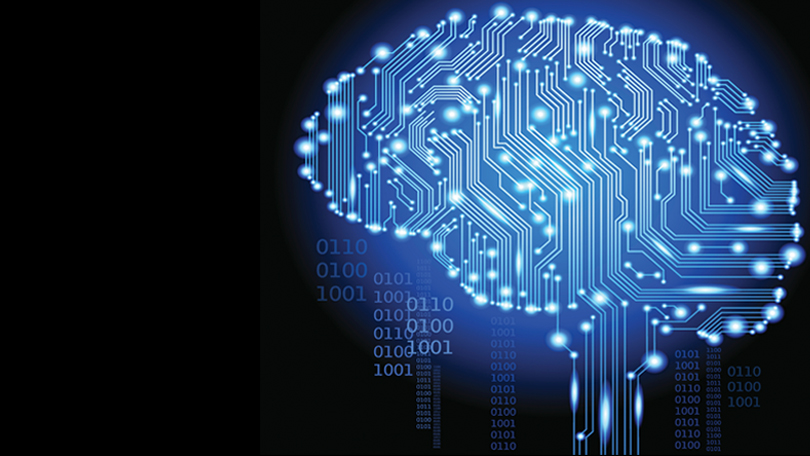
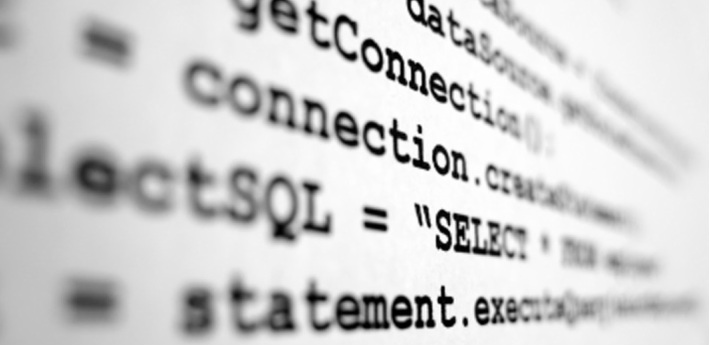
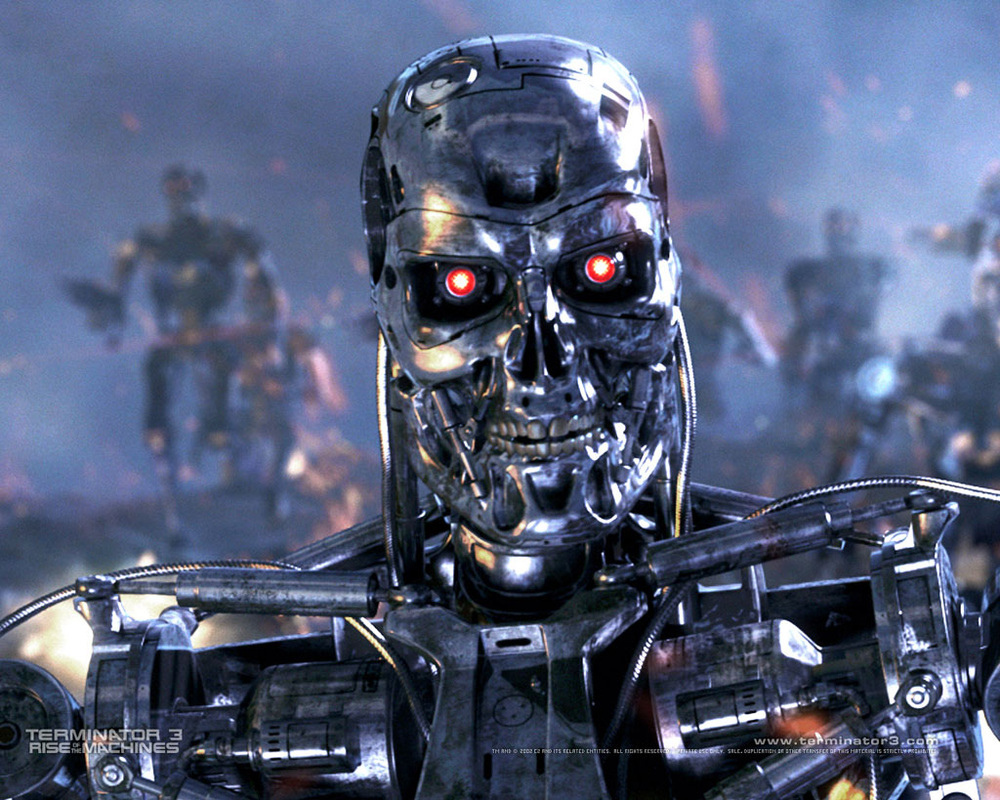
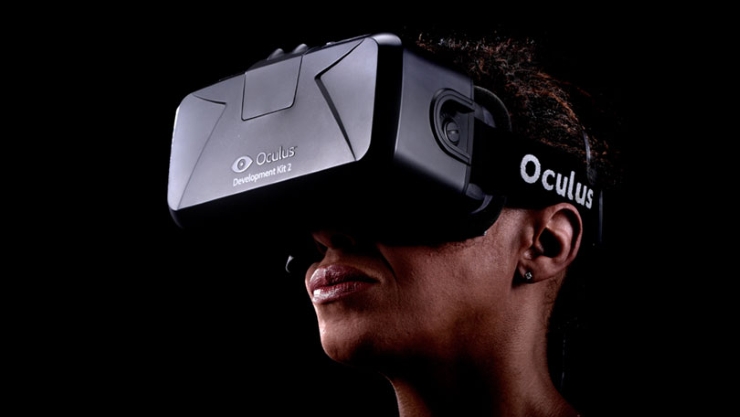
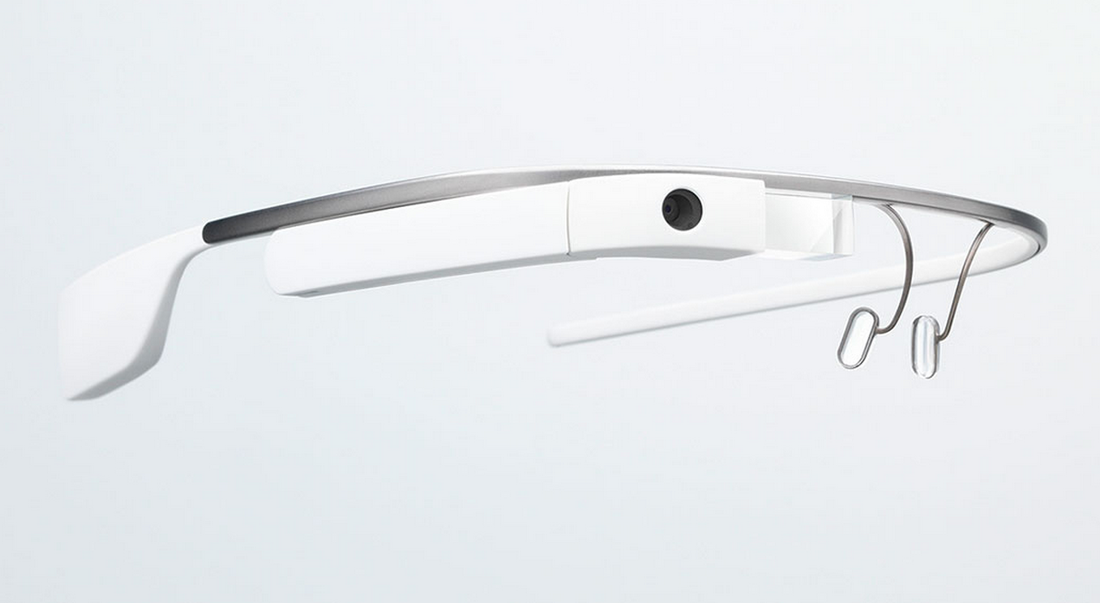
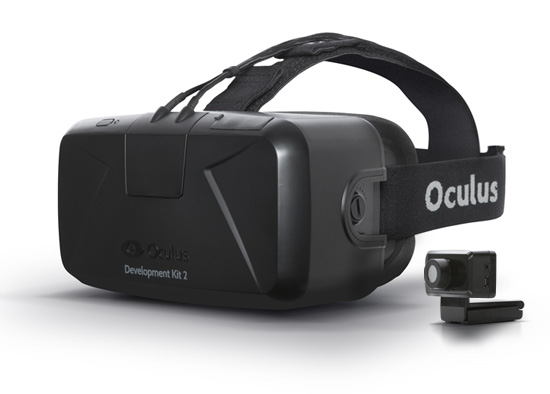
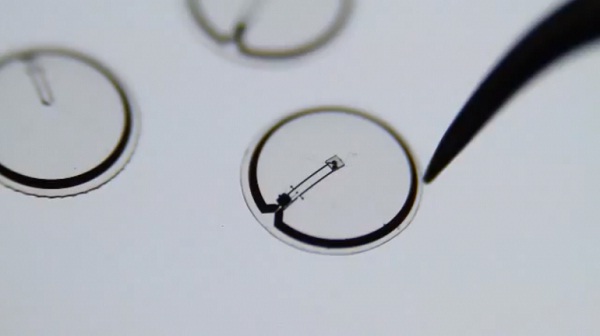
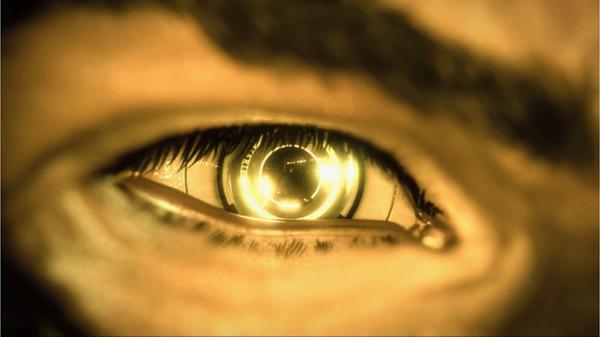



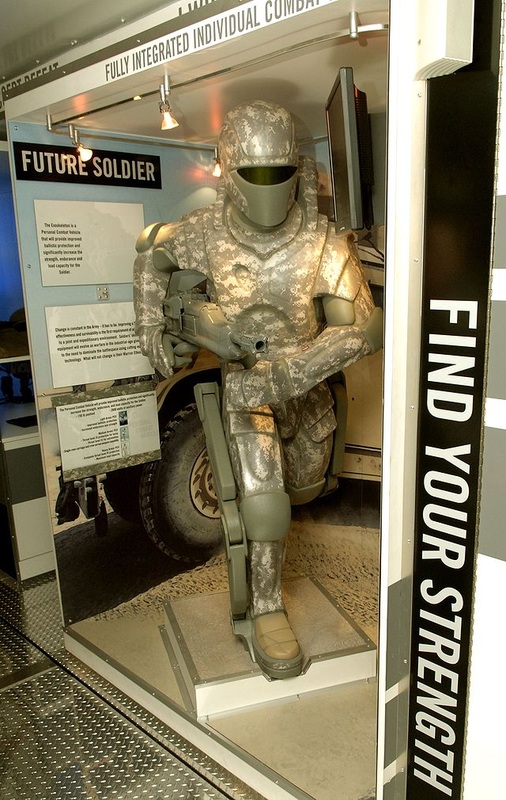
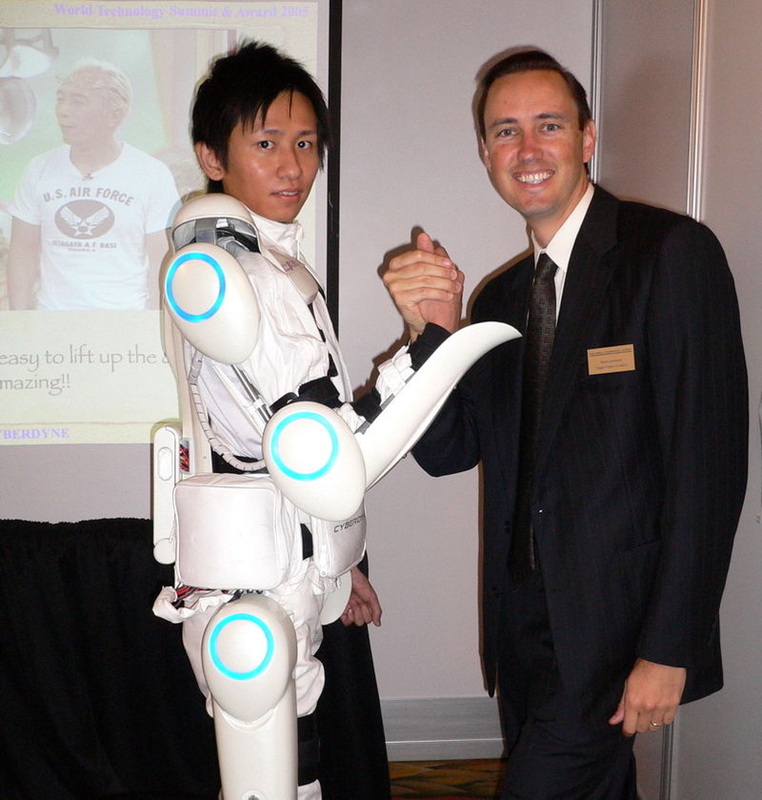
 RSS Feed
RSS Feed